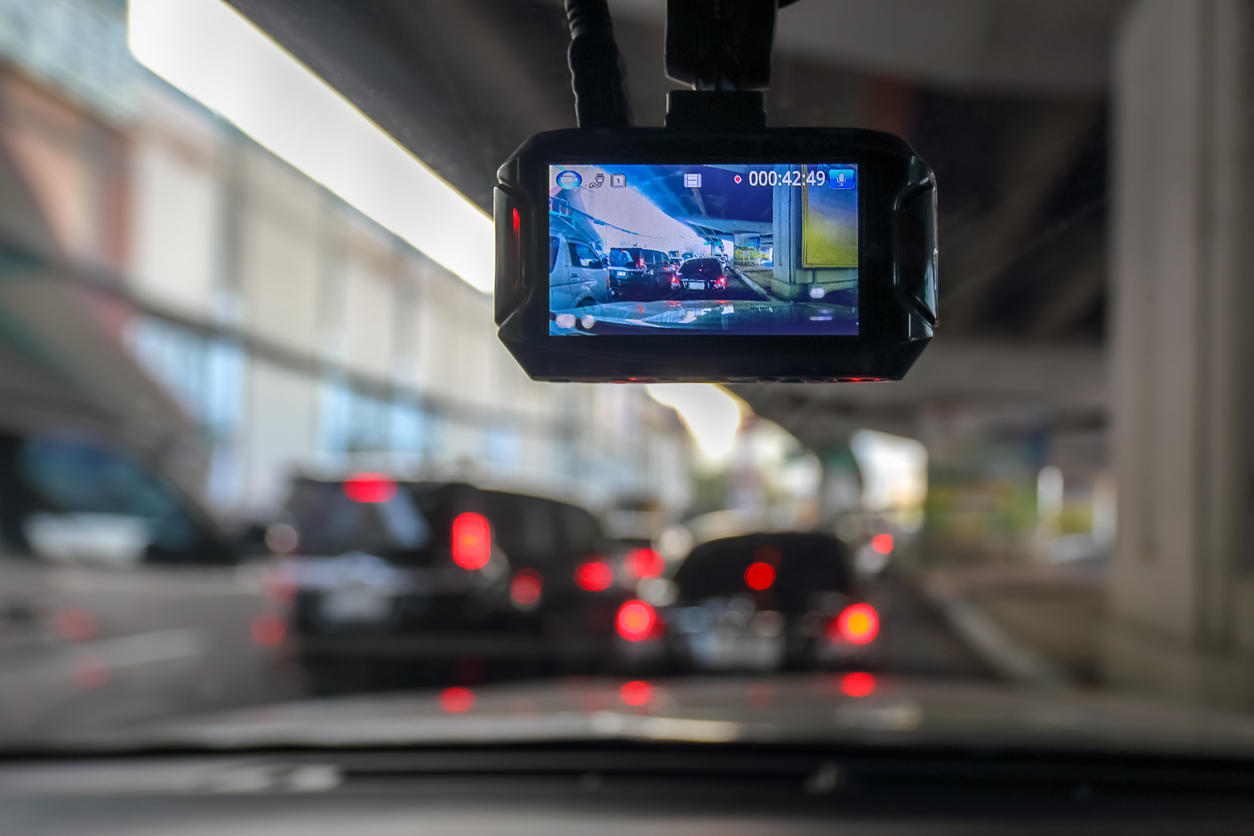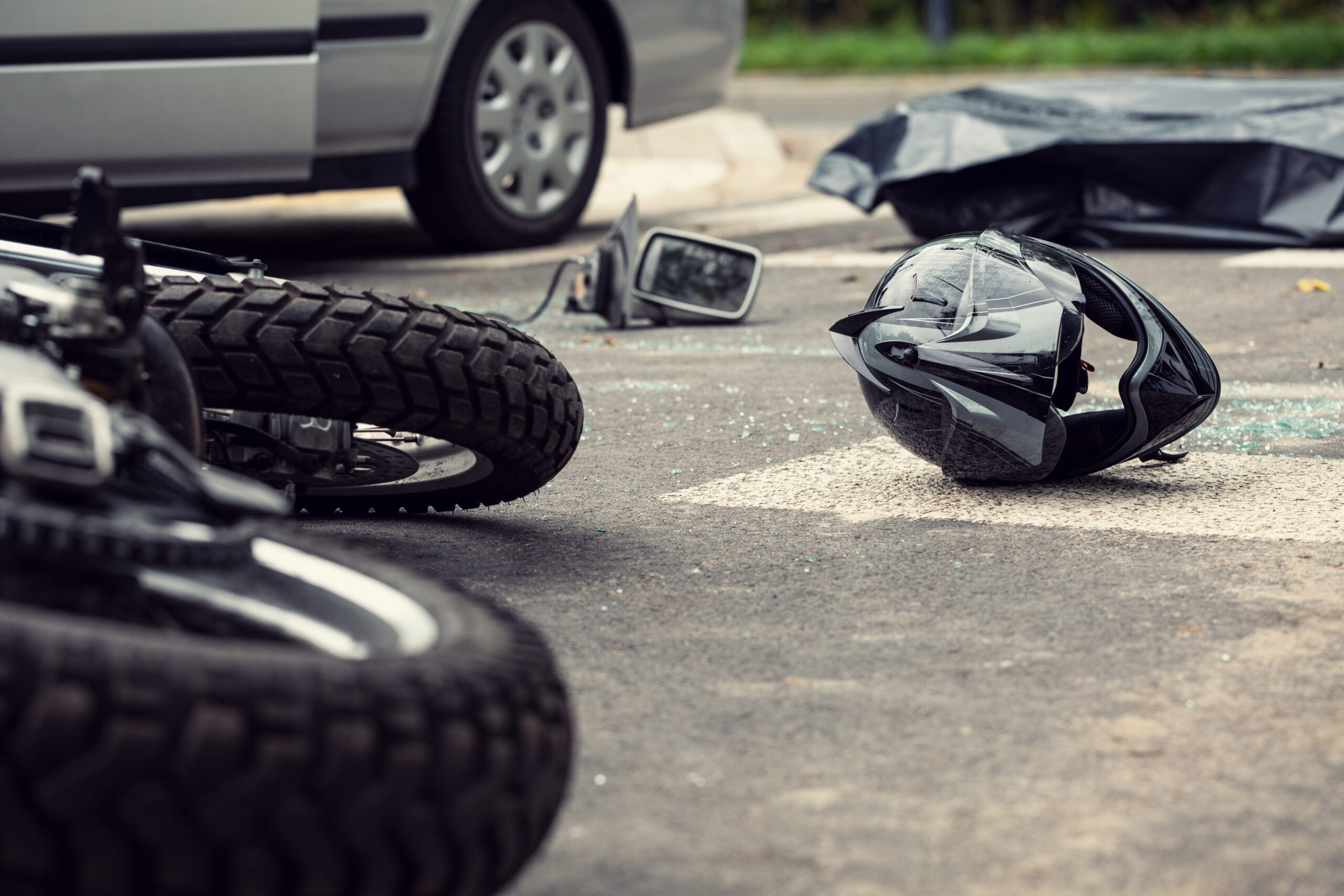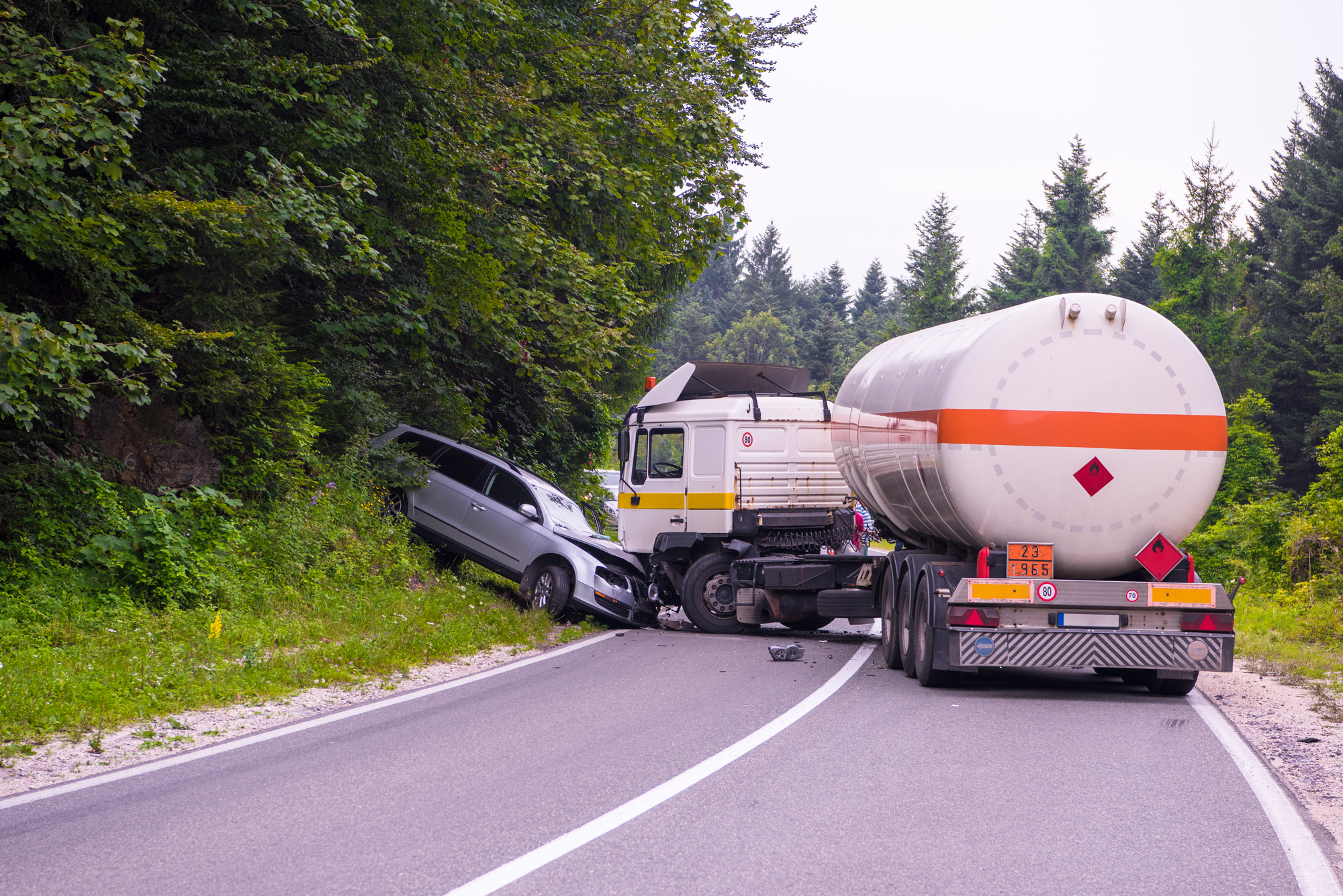Car accidents are an unfortunate reality of modern life, often leading to disputes over who is at fault. With advancements in technology, dashcams have become essential tools for drivers, insurance companies, and law enforcement agencies alike.
These small yet powerful devices record video footage of the road and surroundings, providing critical evidence that can make a massive difference by helping determine liability in the event of a collision.
The Rise of Dash Cams
The use of dash cams, or dashboard cameras, began in the 1980s in Texas and has since seen widespread adoption globally. Dashcams quickly gained traction due to high insurance fraud rates in some places and a lack of credible witnesses when driving in remote areas. Today, they are a common sight in vehicles around the world, valued for their ability to provide unbiased and factual accounts of driving incidents.
Technological Advancements
Modern dash cams come equipped with various features such as high-definition video recording, GPS tracking, night vision, and wide-angle lenses. Some advanced models even offer cloud storage, ensuring that footage is safe and accessible even if the camera is damaged in an accident. These technological advancements have made dashcams more reliable and valuable in proving liability.
The Role of Dash Cams in Accident Investigation
Providing Clear Evidence
One of the most significant benefits of dash cams is their ability to provide clear and indisputable evidence of what transpired before, during, and after a car accident. Unlike human witnesses, whose memories can be unreliable or biased, dash cam footage captures the exact sequence of events. This video evidence can be instrumental in resolving disputes and determining fault.
Supporting Insurance Claims
Insurance companies often face challenges when assessing claims, particularly when conflicting accounts of an accident exist. Dash cam footage can streamline the claims process by providing concrete evidence of how the accident occurred. It can help insurers make more accurate assessments, potentially speed up the resolution of claims, and reduce fraudulent claims.
Assisting Law Enforcement
Law enforcement agencies also benefit from dashcam footage, which can aid in traffic violation investigations and accident reconstruction. By analyzing the footage, officers can gain insights into drivers’ behavior, road conditions, and other critical factors that contributed to the accident. This information can be crucial in traffic court cases and in determining whether any laws were violated.
Legal Considerations
Admissibility in Court
Dash cam footage is generally admissible in court, provided it meets specific criteria. The video must be relevant, authentic, and not tampered with. Courts often view dashcam footage as reliable evidence, but its admissibility can vary depending on the jurisdiction and the specific circumstances of the case. Drivers need to understand the legal requirements in their area to ensure that their dashcam footage can be used effectively.
Privacy Concerns
While dashcams offer many benefits, they also raise privacy concerns. Recording individuals without their consent can lead to legal issues, particularly if the footage is shared publicly. Drivers should be mindful of privacy laws and use dash cams responsibly to avoid potential legal repercussions.
Practical Tips for Using Dash Cams
Choosing the Right Dash Cam
Selecting the right dashcam involves considering factors such as video quality, storage capacity, ease of installation, and additional features like GPS and Wi-Fi connectivity. High-definition cameras with wide-angle lenses are generally preferred as they capture more detail and provide a broader view of the surroundings.
Proper Installation and Maintenance
Proper installation is crucial for ensuring that the dash cam functions correctly and captures clear footage. Position the camera to have an unobstructed view of the road and ensure it is securely mounted. Regularly check the device to make sure it is working correctly, and replace or upgrade the memory card as needed to avoid data loss.
Managing and Protecting Footage
It is vital to store and manage dashcam footage effectively. Some dash cams offer loop recording, which automatically overwrites old footage when the storage is full. However, important footage should be backed up to prevent loss. Using cloud storage or transferring files to a computer or external hard drive are good practices to safeguard valuable recordings.
The Future of Dash Cams
Integration with Smart Technology
The future of dashcams lies in their integration with smart technology. Many modern vehicles now come with built-in cameras and advanced driver-assistance systems that may perform duties beyond a dashcam. These systems can alert drivers to potential hazards, assist with parking, and even take control of the vehicle in emergencies.
Advancements in AI and Machine Learning
Artificial intelligence (AI) and machine learning could revolutionize the capabilities of dashcams. Future models may be able to analyze footage in real-time, identifying potential hazards and traffic violations and even predicting accidents before they occur.
Consult with Legal Experts
Dash cams have become indispensable tools for modern drivers, offering a range of benefits from providing clear evidence in accidents to enhancing overall road safety. By capturing unbiased footage of driving incidents, dash cams help resolve disputes, support insurance claims, and assist law enforcement agencies. As technology continues to advance, dashcams will become even more integrated with vehicle systems and capable of providing smarter, more comprehensive data.
If you get into an accident, understanding the role of dashcams in proving liability could make a critical difference in your case. Speak to Rowland & Yauger Attorneys & Counselors at Law about how dashcams may impact liability in your car accident case today by calling 336-537-5547 for Asheboro or 910-621-2991 for Carthage.

 Call Us Now
Call Us Now


